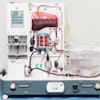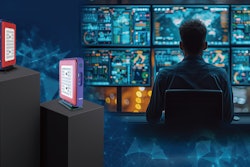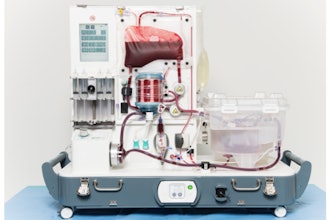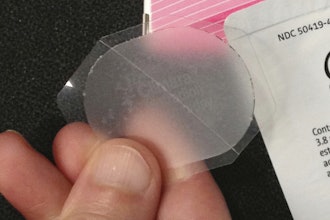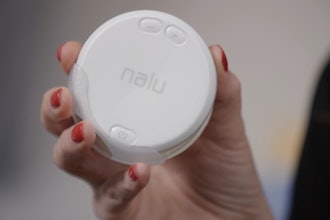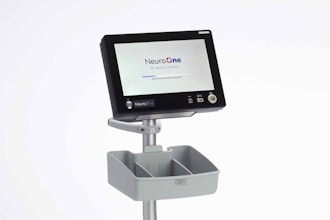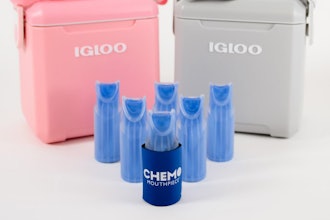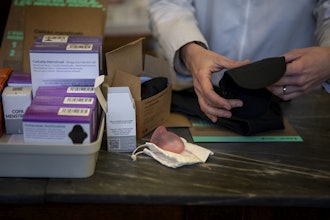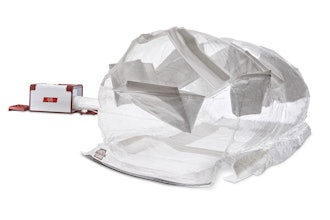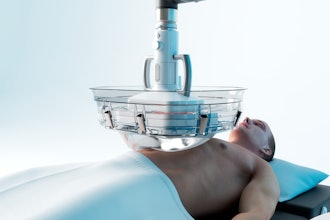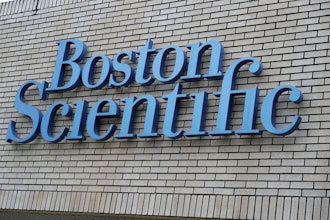
Subsense, a neurotechnology company developing a non-surgical, nanoparticle-based Brain-Computer Interface (BCI), emerged from stealth today to formally reveal its efforts in the emerging field of non-invasive brain connectivity. Co-founded by neurotech entrepreneur Tetiana Aleksandrova and serial entrepreneur Artem Sokolov, Subsense has raised $17 million in seed funding led by Sokolov’s Golden Falcon Capital to accelerate the development of bidirectional nanoparticle-based technologies that connect the human brain with external sources. Subsense is working with a consortium of international neurological research institutions which include UC Santa Cruz and ETH Zurich, Switzerland’s Federal Institute of Technology.
Through targeted neural stimulation and precise monitoring via nanoparticles, Subsense is developing therapeutics for patients with neurological conditions such as Parkinson’s, Alzheimer’s, epilepsy, depression, strokes, chronic pain and more.
The company is also targeting more expansive applications for later stages such as:
- Sensorimotor recovery of vision, hearing and movement;
- Inner speech decoding and thought translation;
- Integration with AI by merging brain and artificial neural networks;
- External memory as an instant backup and extended capacity;
- Mental health regulation – happiness monitoring and control;
- Appetite control – identification and managing of regulatory mechanisms.
“Subsense is adopting a very different approach to unlock a key area of medical potential, the ability to interact with the brain. By offering an alternative to complicated and acute neurosurgical implantations, Subsense holds promise for tens of millions of neuro-compromised patients,” said Artem Sokolov, General Partner, Golden Falcon Capital and Subsense co-founder. Sokolov has been an investor in companies that include: SpaceX, Asana, SoFi, Coursera, Lemonade, Digital Ocean among many others.

